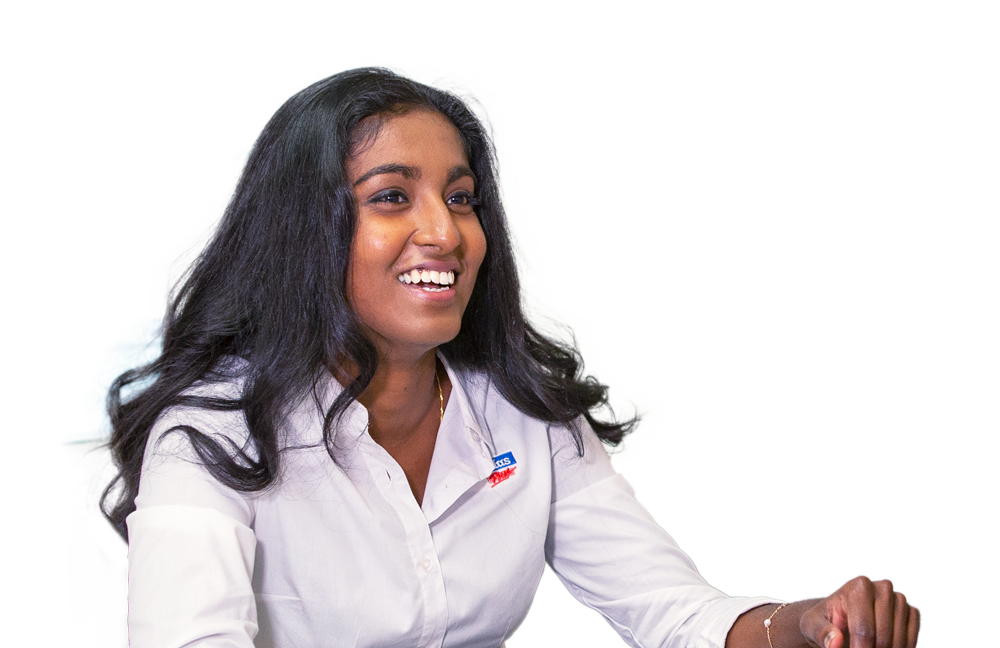
Contrary to popular belief, you can’t always tell by looking at someone whether they have an eating disorder. Eating disorders are a lot more prevalent than we think and they can greatly impact the quality of life of an individual. The first step to a recovery is identifying the eating disorder
In the following statements, do you recognize your behaviours and thoughts or those of a loved one?
- I am becoming more and more preoccupied with my physical appearance and with my weight.
- I often compare myself to others and their bodies
- People who are thinner than me are happier and have a better life.
- I often weigh myself.
- I am extremely afraid of getting fat.
- It happens that I eat in secrecy or lie when asked about what I have eaten.
- I have difficulty maintaining an appropriate weight for my age, sex and height.
- I have seen my weight change drastically in last few months.
- It happens that I eat very large quantities of good in a very short period of time
- I keep track of the amount of calories and fat in the food that I eat.
- I feel guilty after eating.
- There are certain types of food (like dairy products, meat and candy) that I do not eat anymore in order to lose weight.
- I exercise excessively and if I would not be able to do it one day, I would be very frustrated.
- I exercise even if I am hurt or sick.
- I’m very afraid that I am not able to control my weight or that I will lose control when I eat.
- I don’t have my period anymore. Or my period is very irregular and it has happened that I have gone months without having it.
- I have sudden mood swings. I especially feel emotional, irritable, depressive or anxious.
- I’m often cold, tired, or feel dizzy.
- I don’t want to eat with my family.
- My friends and family often tell me that I should stop restricting my food intake to lose weight.
- I isolate myself more and more and I spend less and less time with my friends and family.
- I have noticed that I am losing my hair.

Did you recognize some of your thoughts and behaviours or those of someone else?
Eating disorders are very complex but the good news is that with the right help, a full recovery is possible. As a first step, I recommend contacting Anorexie et Boulimie Québec as they offer a free help and reference phone line service. They will be able to help orient you in the right direction.
Nautilus Plus’s nutritionists can also be part of the first step and can provide support to someone with an eating disorder.
To help identify the type of eating disorders, I recommend checking out these links:
- Anorexia nervosa : “food does not suit me anymore”
- Bulimia : “My diet is a roller coaster”
- Binge-eating disorder: “I have incontrollable food rages”
- Unspecified eating disorder (bigorexia, othorexia): “My diet and my image take over my life”
Sources
- Questionnaire and definitions: https://anebquebec.com/en
- Eating disorders overview: http://nedic.ca/
How to recognize an eating disorder is a post from Nautilus Plus. The Nautilus Plus blog aims to help people in their journey to fitness through articles on training, nutrition, motivation, exercise and healthy recipes.
Copyright © Nautilus Plus 2019

A session with a nutritionist will help you on your way!

Let's establish your nutritional goals together and get some expert advice!
Discover our nutrition services
